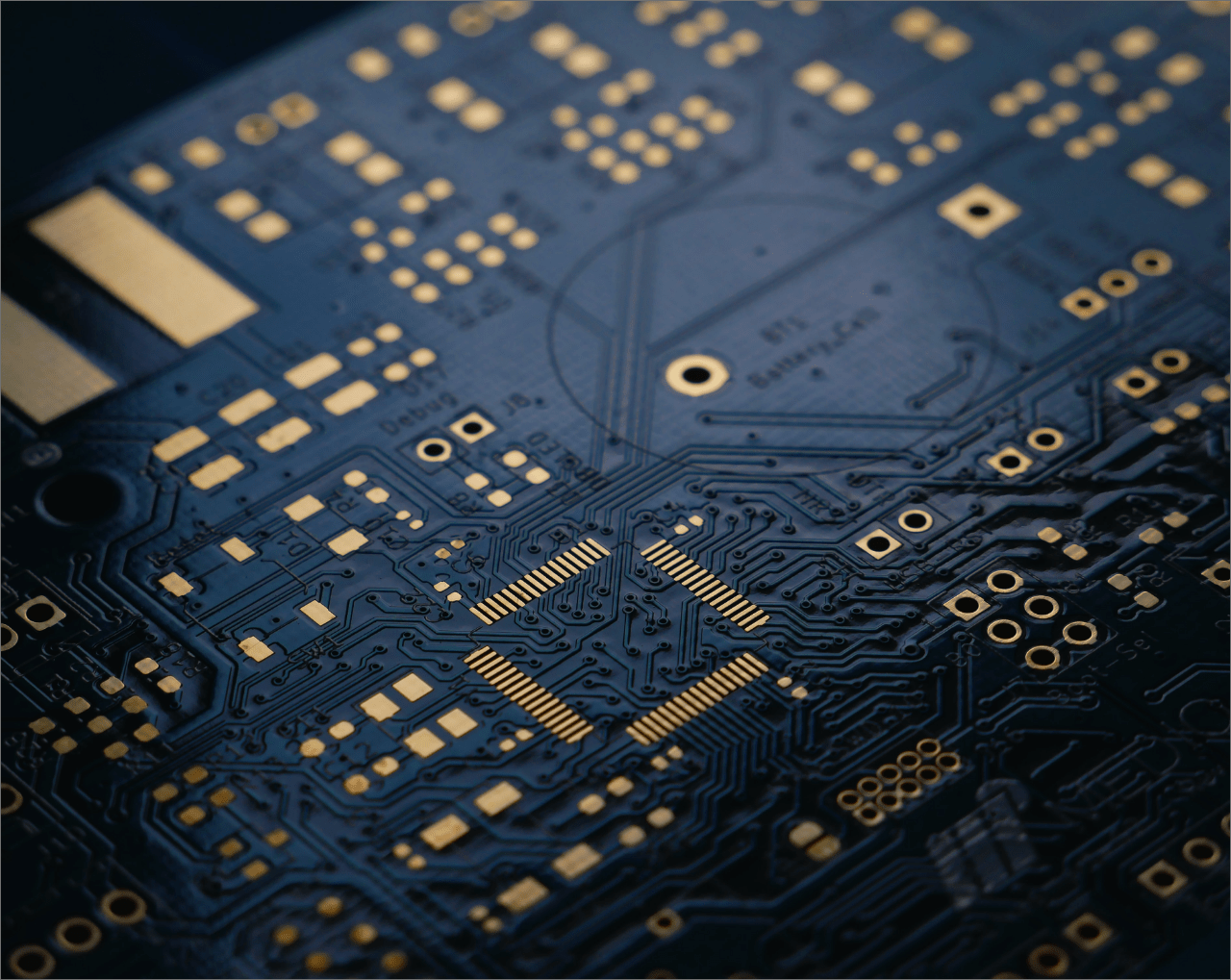WHAT IS AN EMBEDDED BOX PC?
Embedded computer systems go by many names (Box PC, Gateway, Controller, Industrial PC, etc), but an Embedded PC is essentially any specialized computer system that is implemented as part of a larger device, intelligent system or installation.
These are not the typical tower or desktop consumer-grade computers we are used to work with at home or at the office. Applications of embedded computers can range from Industrial Automation, Digital Signage, Self-autonomous Vehicles, to Space Exploration, and more.
Typically embedded computers are hardened devices as their use cases tend to be mostly in challenging harsh environment conditions, such as extreme temperature, vibration, shock, dust and humidity.
There are various types of embedded computers, from rugged industrial box PCs to panel PCs, mini PCs, industrial rackmount server, vehicle computers, and IoT gateways.
The main differences between an embedded and a desktop computer are purpose and design. Embedded computers are purposeful and dedicated equipment built from scratch to perform a specific task. It can run at maximum, with low resources, and withstand harsh conditions — something not possible with the consumer-grade computers.
Another crucial distinction is that the general-purpose desktops come with traditional motherboards, which allow you to expand or replace its components. Embedded computers, on the other hand, have all of its components burned-in in a single Printed Circuit Board (PCB) or Motherboard.
Among the many benefits of Embedded Box PCs are;
Small Form Factor: One of the standout features of nearly all embedded computers is their size. Often built around small form factor motherboards like Mini-ITX or Intel's NUC, embedded computers can be installed in places where antiquated towers would never fit. Solid state storage and flexible mounting options also allow embedded PCs to be utilized in virtually any position or orientation.
Low Maintenance: In many instances embedded computers, as their name suggests, live deep inside complex systems, making reliability incredibly important. Industrial computers are engineered to provide 24 hour, uninterrupted operation, often employing carefully engineered, fanless and ventless enclosures designed to efficiently dissipate heat while protecting internal components from environmental damage ranging from dust and airborne debris to extreme temperatures, moisture and vibration.
Highly Reliable: Some embedded computers are designed for high reliability in critical mission-based applications like industrial or military deployments. They need to operate 24×7 in demanding applications and extreme environments like rugged terrains, continuous vibration, high temperatures, etc. These embedded computers can operate at a wide range of temperatures (e.g. -30°C to 70°C), dust-proof, and with protection from humidity.
Power Efficiency: Some applications require that embedded computers remain operational, day and night. That is why these computers are designed for power efficiency. Embedded computers come with lightweight and dedicated software so they do not need lots of processing power. Another advantage of power consumption is that some embedded computers come without fans and don’t have any moving components.
There are also various types of Embedded Box PC which are;
- The Rugged Industrial Box PC: The Rugged Industrial Box is excellent for applications that require processing power in harsh environment conditions.
- The Panel PC: The Panel PC comes with an integrated display screen that allows interface with the computer and to resist shock and toxic chemicals.
- The Mini PC: The mini-PC, although it is not compute-intensive, it can bring some intelligence to rough small and confined spaces.
- The Industrial Rackmount Server: Opposite to the mini-pc, the Industrial Rackmount can be used as a high intensive-compute and racked on top of other servers, without the need of A/C or optimal environments
- The Vehicle Computer: The in-vehicle computer comes with wireless communication and vibrant-resistant capabilities to be used in first emergency-response vehicles, or similar applications.
- The IoT Gateway: The IoT gateway is a type of embedded computer that can act as a bridge between different technologies. It accepts inputs from IoT sensors or video cameras, processes the data, and can output to a display, actuator, or the Internet.
The way computers operate within the industry is not the same as how they are used at home or at the office. The industry has different requirements and standards that demand another kind of computer.
The embedded computers are designed with the application in mind. They are being used in unimaginable applications within the industry that seemed impossible a few years ago. They are often designed to operate 24×7 at low energy levels in rough environments and tiny spaces.

